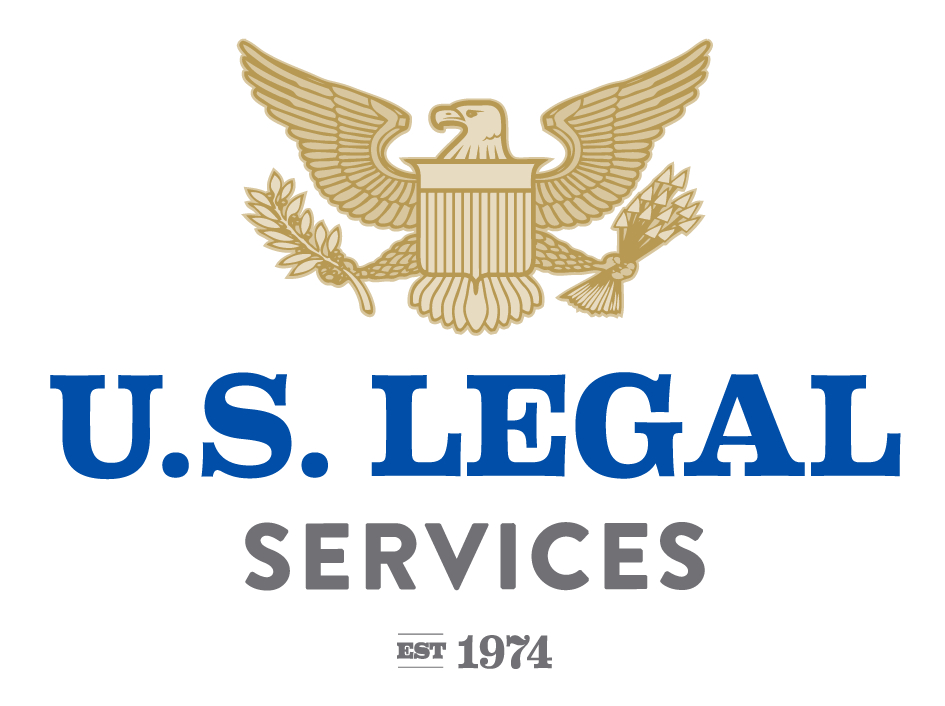
Estate Planning for 18 Year Olds: Why Is This Necessary?
When you think of estate planning, you probably think about this in connection with older adults—or at least people who have already become parents and want to protect their children’s future—but, in reality, once someone turns 18, he or she should at least do some basic estate planning. And, if your child has or will shortly be receiving significant assets, then the estate planning should be more in depth.
Specifically, there are two estate planning documents that even the youngest of adults should have, even if he or she doesn’t yet have substantial assets:
- Health care proxy
- Durable power of attorney
Yes, you hope these documents won’t be needed, at least not for a really long time, but they are important to have. That’s because, without them, parents don’t typically have the authority to manage money for their adult children or make healthcare decisions for them if they become temporarily capacitated. This is true, even when you’re still paying for your children’s healthcare plans and/or their tuition, or even if you still claim them as dependents on your tax returns.
Laws vary by state, but here’s a general overview. (And, if you subscribe to the Wall Street Journal, you can find more information about these documents here.)
Health Care Proxy
Let’s say your young adult child is away at college and becomes involved in a car accident. You hear about the accident and naturally are concerned, so you contact the emergency room where your child is being treated—and, to your surprise, you can’t get any information whatsoever about his or her condition. That’s because your child is now an adult and has Health Insurance Portability and Accountability Act (better known as HIPAA) rights to privacy.
Here’s another situation. Because your child has HIPAA rights, you wouldn’t necessarily even be informed that your child is in the hospital unless he or she was able and willing to sign a release giving the medical team permission to discuss the situation with you. Depending upon your child’s condition, he or she may be incapacitated and unable to sign that release, either in the short term or the long term.
Here’s yet another scenario. If your child experiences a mental health issue, without the appropriate documentation signed ahead of time, it will be unlikely that you’ll be able to access any of the health-related information you’d want to have to help your child. And, if he or she is considered to be mentally incapacitated at the time, it would be very difficult for him or her to grant permission for you to access health records and/or help make medical decisions.
If one of these situations ever occurred, you’d want to have the ability to help your child. But, without the proper documentation, you’d need to file a court petition to be named your child’s legal guardian. The process can be lengthy, right when your child probably would need quick action on your part, and it can be expensive and exhausting.
There is, however, a way around this challenging situation, and that’s to have your child give you a medical power of attorney and advance directive with a provision for HIPAA. This document allows your adult child to appoint you as his or her agent to make healthcare decisions and it also gives your child the opportunity to list decisions that he or she would like to make in difficult situations such as end-of-life care.
It’s important that this document also contain a HIPAA release. This would give you the ability to access your child’s health care records, when necessary, and may also provide you with the ability to help your child by making mental health care decisions, if needed. Most experts recommend that the document includes a blanket release, because you can’t predict ahead of time the particulars of a situation that might arise.
Again, state laws vary, but these scenarios are typical of those across many states.
Durable Power of Attorney
This document is similar to the health care proxy, except that this document allows your child to name an agent to manage financial matters if he or she isn’t able to do so. If you’re designated, you’ll have bank account access, and can handle financial aid documentation, renew a car’s registration, file tax returns and so forth.
This document can obviously be helpful if your child becomes legally incapacitated, and it can also be quite useful in other situations, as well, such as if he or she decides to study abroad for a semester.
Options for a durable power of attorney can be springing or non-springing. “Springing” means that the person your child names as an agent doesn’t have the authority to act on his or her behalf unless he or she becomes incapacitated. Traditionally, deciding whether a springing condition has been met is one that a medical professional must make. So, this document could be drawn up with the provision, as one example, that two physicians must agree that the person is incapacitated before the power of attorney goes into effect. “Non-springing” means that the agent has authority as soon as the document is executed.
In both of these power of attorney situations—medical and financial—your child can typically also name alternate agents to act on his or her behalf, providing another layer of protection if the first agent can’t or isn’t willing to act on your child’s behalf.
Explaining Documents to Your Adult Child
The reason these documents are important is because your child is now a legal adult, so you need permission to gain access to records and make decisions. Depending upon your child’s personality and your family’s situation, though, he or she may feel uncomfortable giving a parent all this access. After all, from your young adult child’s perspective, one of the benefits of adulthood may be that you no longer have ready access to all of his or her information!
So, when you ask your child to sign these two crucial documents, there may be some resistance. If so, what should you do?
First, you could use the approach that, because your child is now an adult, it’s important to have an adult-to-adult conversation together about the importance of these documents and to discuss what could happen if they aren’t signed. This may work. Or, it may be that having an attorney explain the importance of these documents may be more effective. Still other parents may decide to make their contributions to the child’s tuition or healthcare dependent upon the child’s willingness to sign these documents; some parents may not approve of this approach, and it’s a decision you’ll need to make.
If your child is reluctant to name a parent as an agent, consider whether there is, say, a trusted aunt or uncle who might be a good choice.
Additional Documents to Consider
Although your child may not have significant assets at the age of 18 (or maybe he or she does!), creating a last will and testament is still a reasonable action to consider. So is filling out a living will. This may seem intimidating to your child since they are discussing what would happen upon his or her death, and your child likely plans to live for many more decades.
But, if you’re filling out the powers of attorney, anyhow, it can give the family even more peace of mind if the last will and testament and living will are also completed. It may help to compare these documents to car insurance policies, for example. You hope you won’t need to use them, but it’s important to have for protection.
Attorney Fees
You may be putting off recommending these documents to your young adult child because of the attorney fees involved. And, that’s understandable, because attorneys can charge $200 or even more an hour. Fortunately, with a quality legal benefits plan, estate planning services are often covered.
When investigating a particular legal benefits plan, it’s important to understand what you’ll receive. So, to help, here is a list of questions to ask about the plan:
- How much of the attorney’s fees for estate planning (and other services) would be covered under this plan?
- What forms are required to join the plan?
- How quickly and easily can an attorney be accessed and is prior permission required?
- How does an attorney become included in a particular legal benefits plan? What are the criteria?
- Will attorneys in the plan be local?
- How much does the legal benefits plan cost?
Family Defender Plan™ by U.S. Legal Services
Having estate planning documents completed and signed by your child can bring significant peace of mind to the entire family, and this is just one of the many services covered in this plan. We encourage you to compare our company and plans with any other company and, after you compare and contrast them, we truly believe that our U.S. Legal Services Family Defender™ plan will be the best choice for you.
This legal plan covers family law to traffic law, and even covers you in case of identity theft. Members also benefit from access to financial wellness services.
To have this plan made available to employees at your workplace, the process is fast and simple. Employers can contact us online or call us at 1.800.356.LAWS today.



